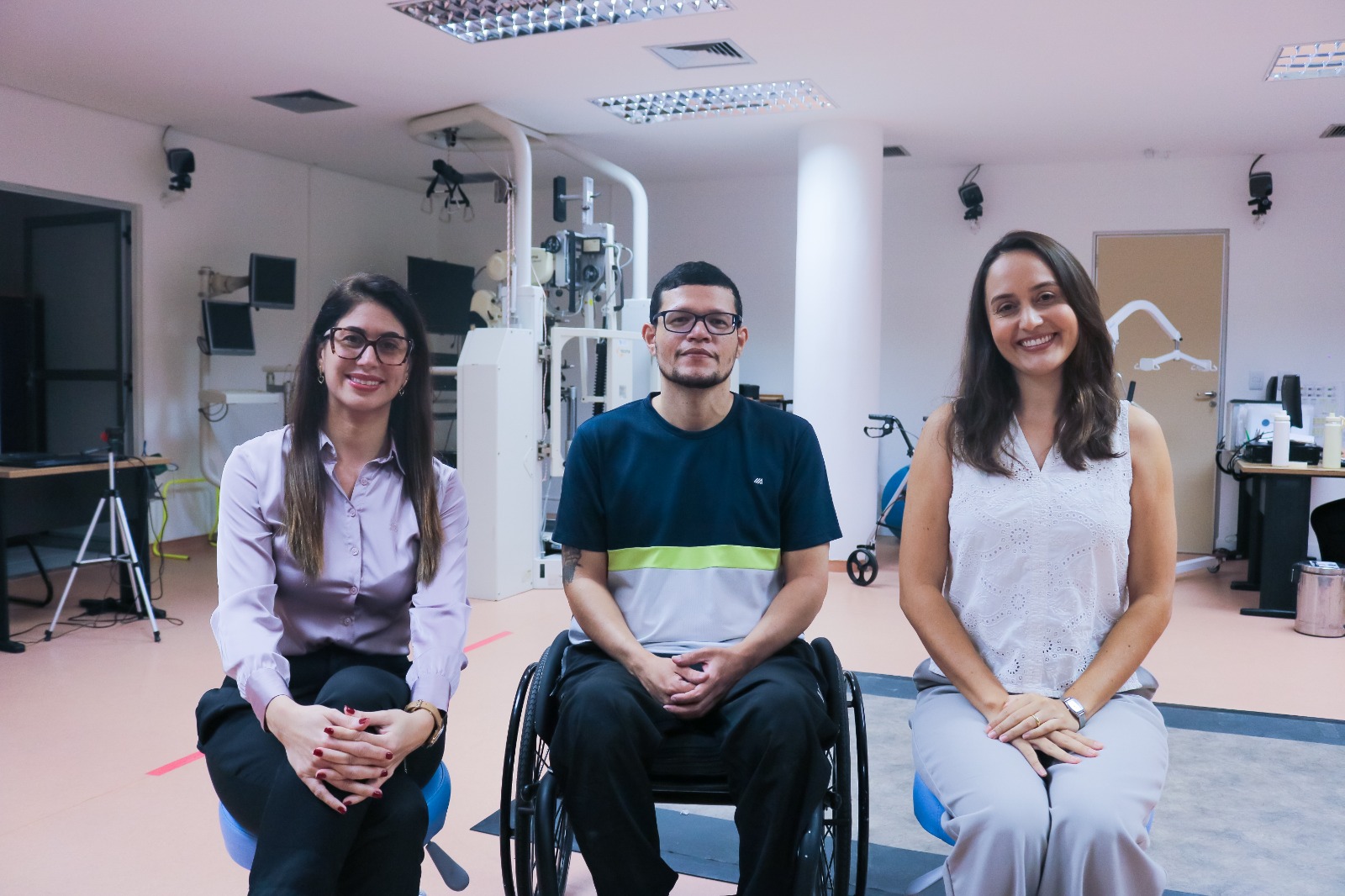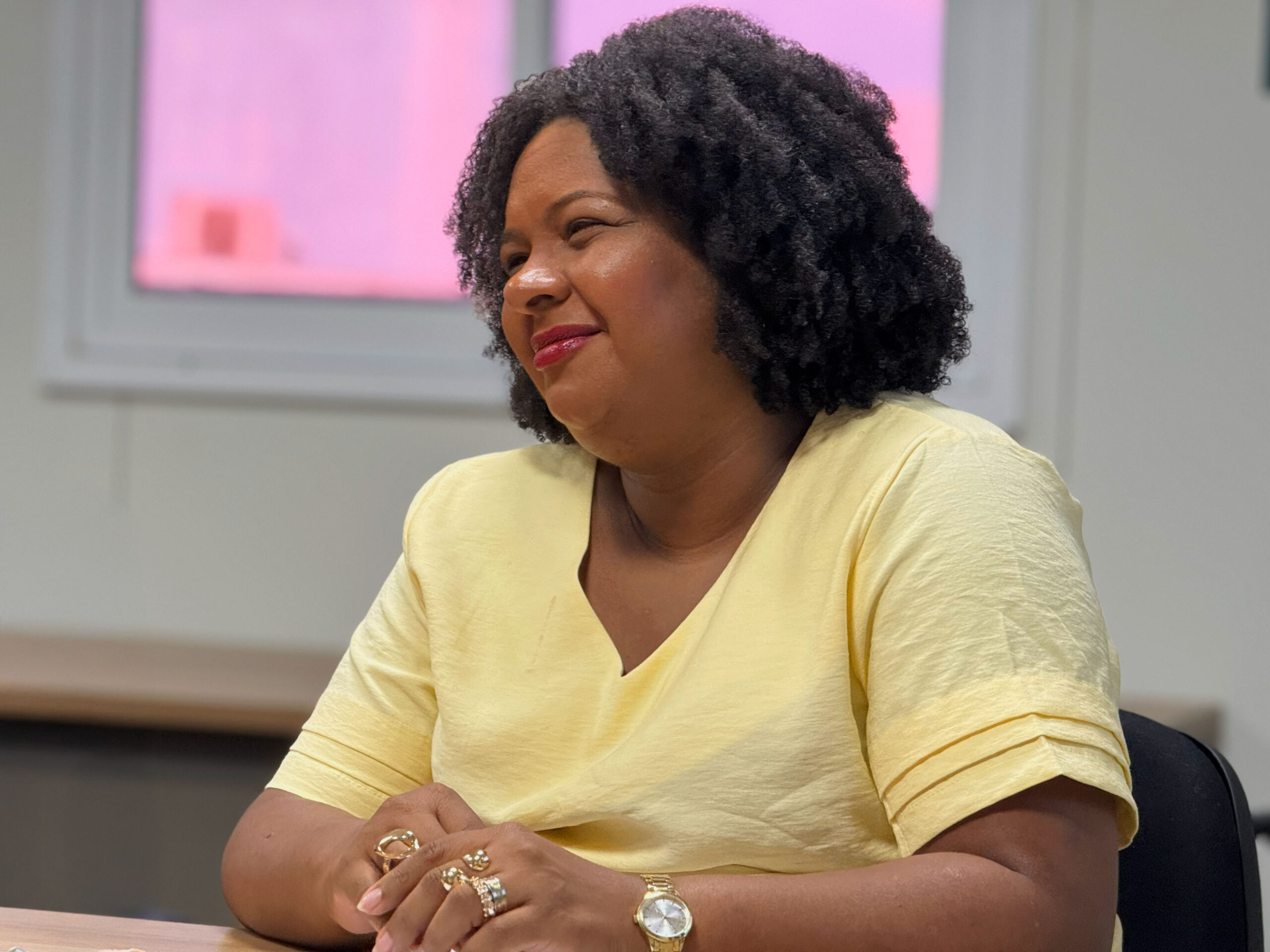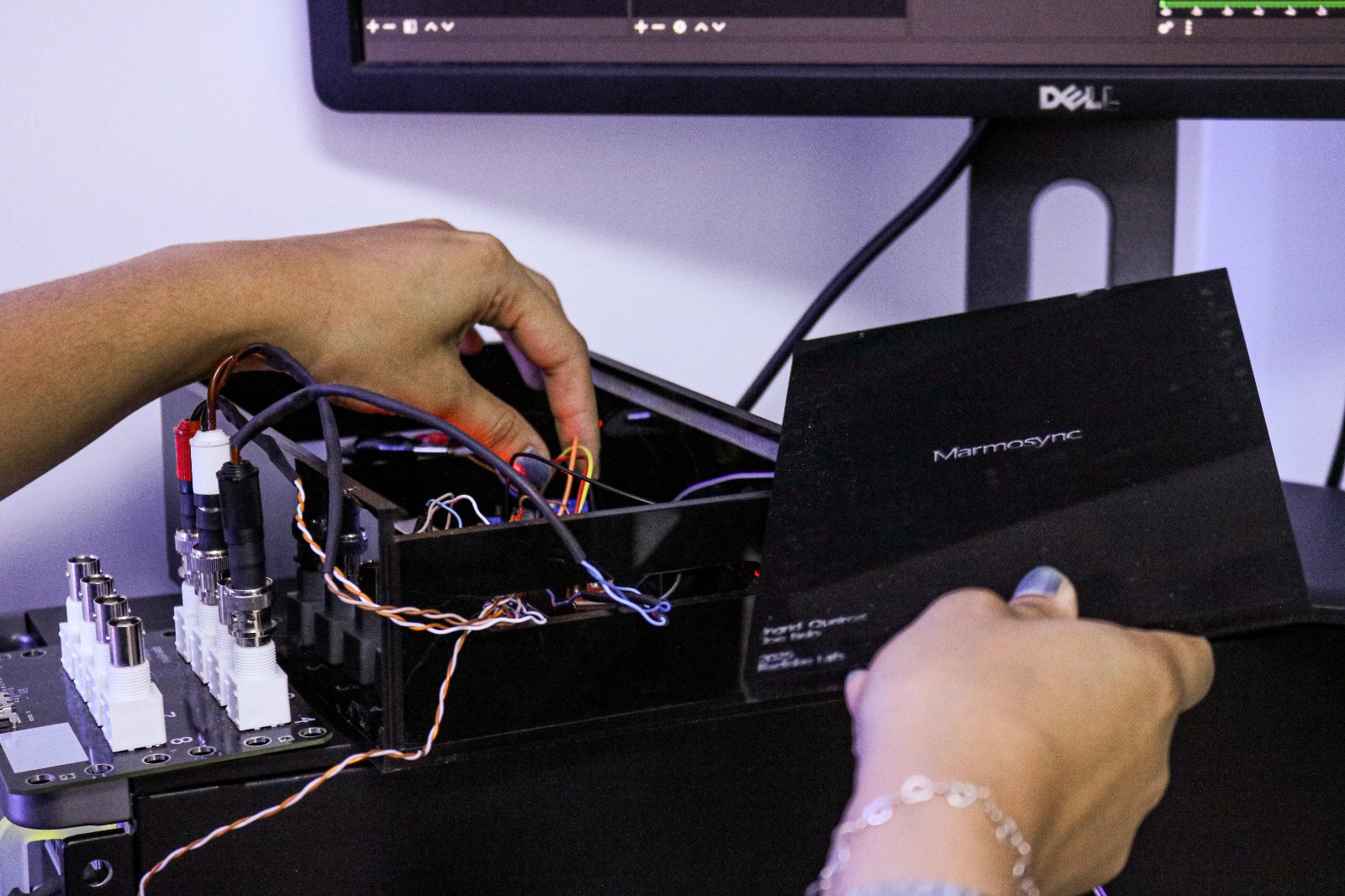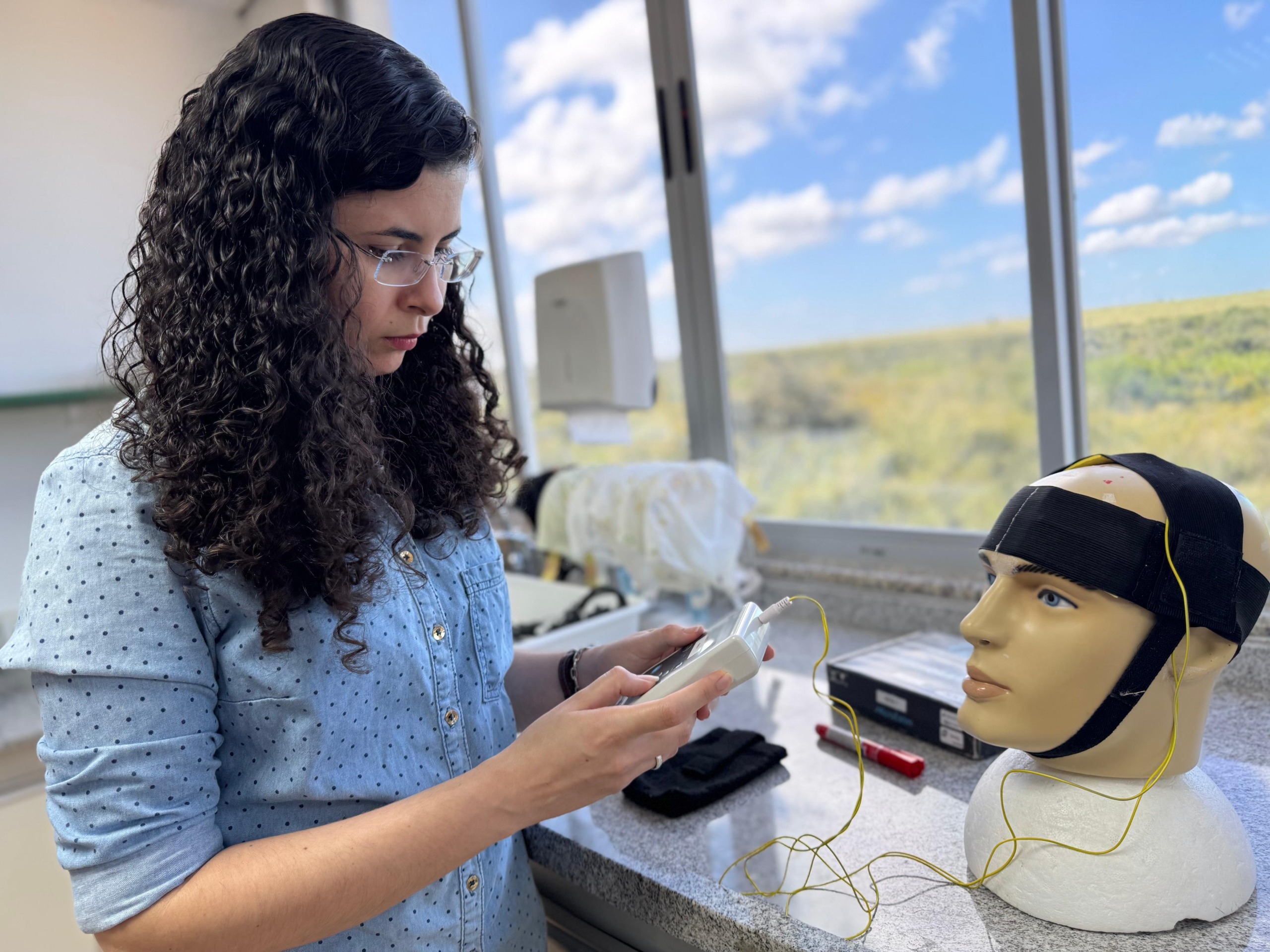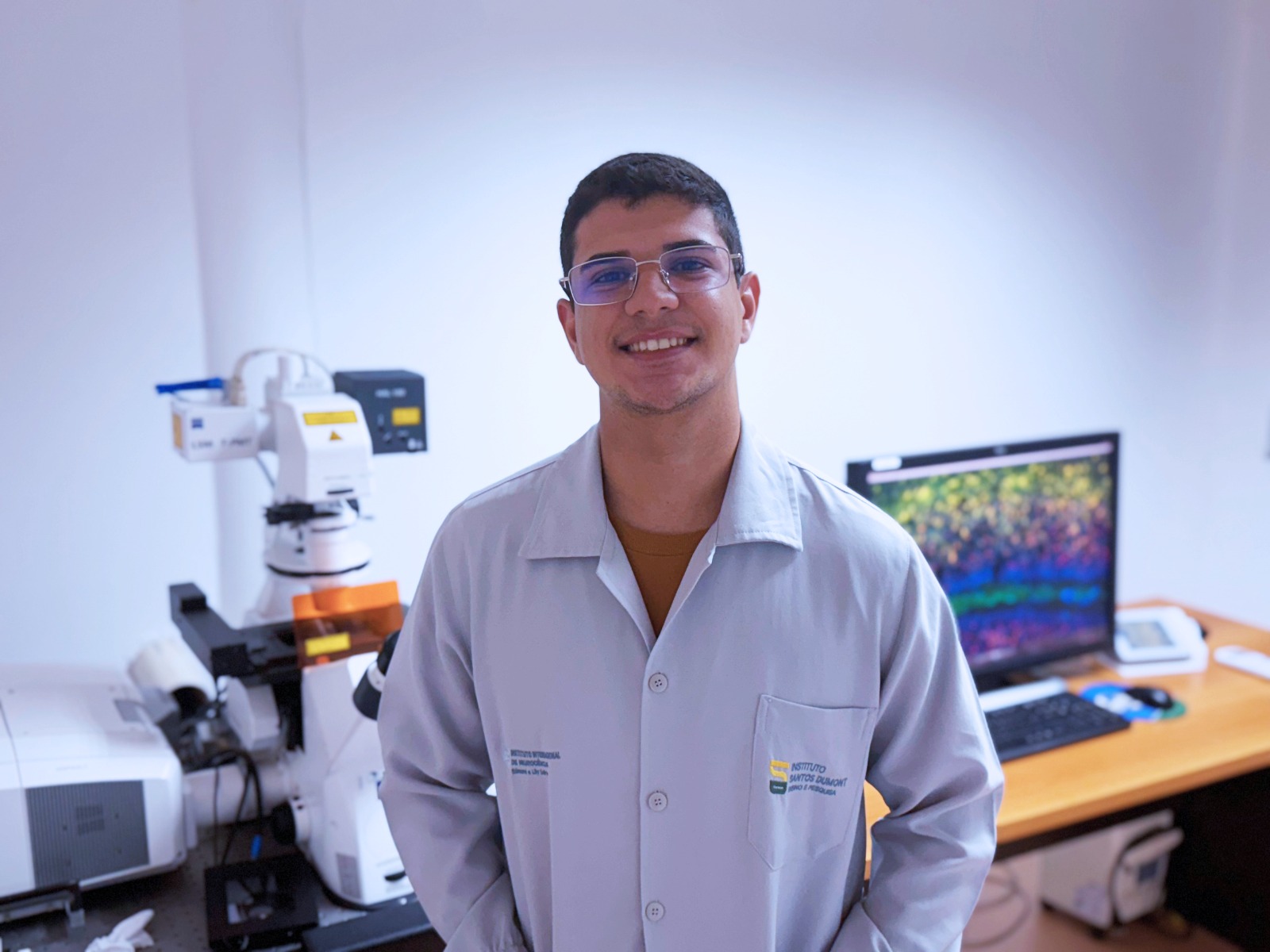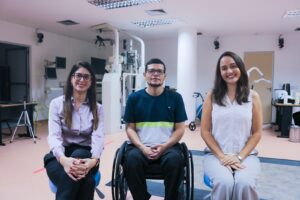In the first quarter of 2023, the number of complaints of violations of the human rights of elderly people increased by 64% in Rio Grande do Norte. In absolute numbers, the reported complaints went from 382 to 630, compared to the first quarter of 2022. Elderly people have, since 2020, taken second place in the ranking of violation reports. The data, from the National Human Rights Ombudsman, are analyzed by preceptors from the Santos Dumont Institute (ISD).
In addition to the increase in complaints themselves, there was also an increase in the number of violations recorded in each complaint, which went from 1,848 to 3,808 in the first quarter of 2023.
The month of June marks the World Day for Awareness of Violence against the Elderly, which takes place on the 15th. Throughout the month, the Violet June campaign mobilizes activities that seek to highlight the importance of confronting violence against this public. For the ISD neuropsychologist preceptor, Joísa Araújo, this confrontation must always be in evidence.
The professional explains that violence against the elderly exists in different ways and can be any action or omission that harms the physical and emotional integrity, or prevents or nullifies the performance of the individual's social role.
“Physical violence is one of the most recurrent forms of abuse. However, “invisible” violence, which does not leave physical marks, can occur and be even more harmful. Among them are negligence (omission of care), psychological violence (verbal aggression or gestures that humiliate or isolate, which may culminate in depression or suffering) patrimonial or economic violence (using financial resources without consent or without providing basic care to the elderly ) and abandonment (lack of care)”, explains Joísa Araújo.
There are also factors that enhance violence. According to the neuropsychologist preceptor, the main ones are ageism (prejudice against the elderly), lack of spaces for social participation, fragile family relationships and the lack of public policies that provide dignified aging, with access to health, leisure and citizenship .
In the legislation there is, for example, the Statute of the Elderly (Law 10.741/2003), one of the main laws to protect the elderly, which provides for essential rights in areas such as health, education, housing, transportation and leisure. Even so, the strengthening of a family, governmental and institutional support network is essential to expand the prevention and confrontation of scenarios of violence that may prevent access to these rights.
The ISD social assistant preceptor, Alexandra Lima, points out knowledge as one of the factors that enhance the support and protection network for people from vulnerable groups, such as the elderly, and as a means by which people can identify and intervene when they encounter with situations of violation of rights.
“Knowing what violence represents, be it emotional, physical, patrimonial or negligence regarding the care that the elderly person demands, as well as disrespect for their autonomy, helps in the complaint process and enhances the actions of the protection network”, says the preceptor social worker.
For this reason, according to Alexandra, it is important to observe changes in behavior, which may awaken to the possible occurrence of violence against vulnerable audiences. “The loss of desire to communicate with friends and acquaintances, silence and an increase in sadness and anguish are factors that draw attention to something that may be happening both in the family and in the institutional environments where the elderly person lives”, he points out. .
Social participation in caring for the elderly and in preventing and coping with violence must be present in order to enable reporting, especially in situations of dependency. In the year 2022, for cases of violations of the rights of elderly people, 80% of the complaints were made by third parties, according to the National Ombudsman for Human Rights.
“It is important that there is action and not omission. Knowing the means and services that can be activated in cases where violations are recognized or suspected also represent ways of combating violence. Whether in person, at the police stations and prosecutors, or anonymously, through the Dial 100, society can collaborate in the fight against the violation of the rights of the elderly”, adds the preceptor social worker Alexandra Lima.
Text: Naomi Lamarck / Ascom – ISD
Photograph: Ascom ISD
Communication Office
comunicacao@isd.org.br
(84) 99416-1880
Santos Dumont Institute (ISD)
It is a Social Organization linked to the Ministry of Education (MEC) and includes the Edmond and Lily Safra International Institute of Neurosciences and the Anita Garibaldi Health Education and Research Center, both in Macaíba. ISD's mission is to promote education for life, forming citizens through integrated teaching, research and extension actions, in addition to contributing to a fairer and more humane transformation of Brazilian social reality.




